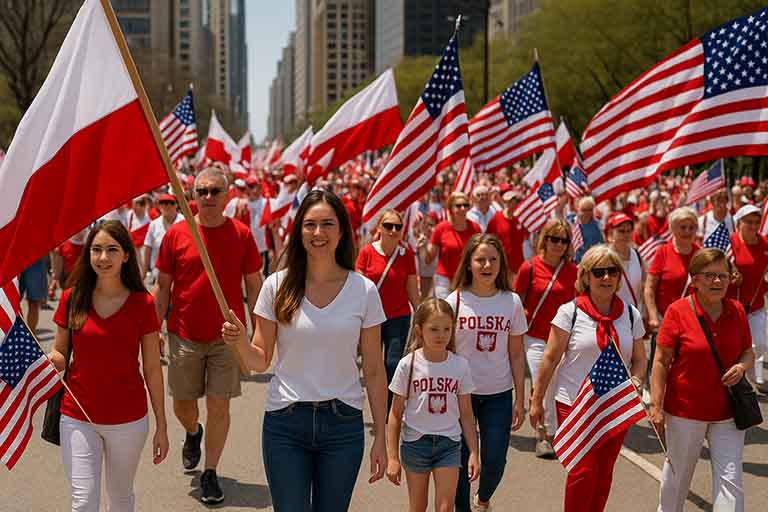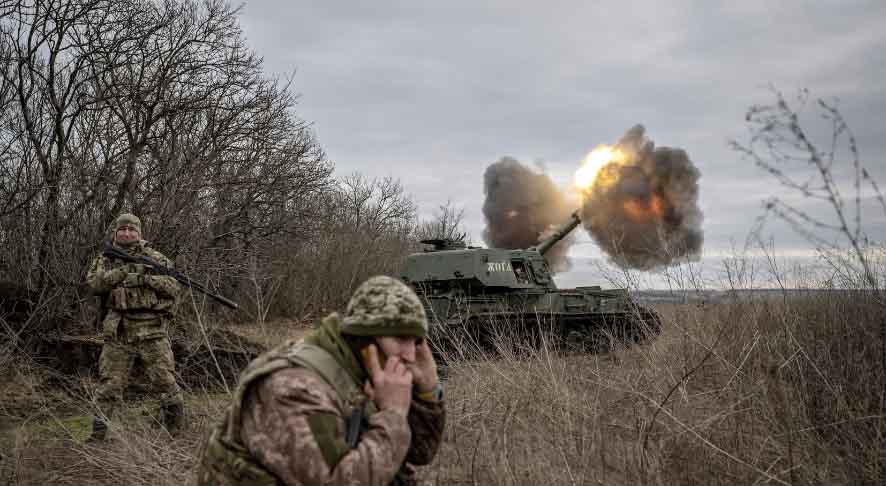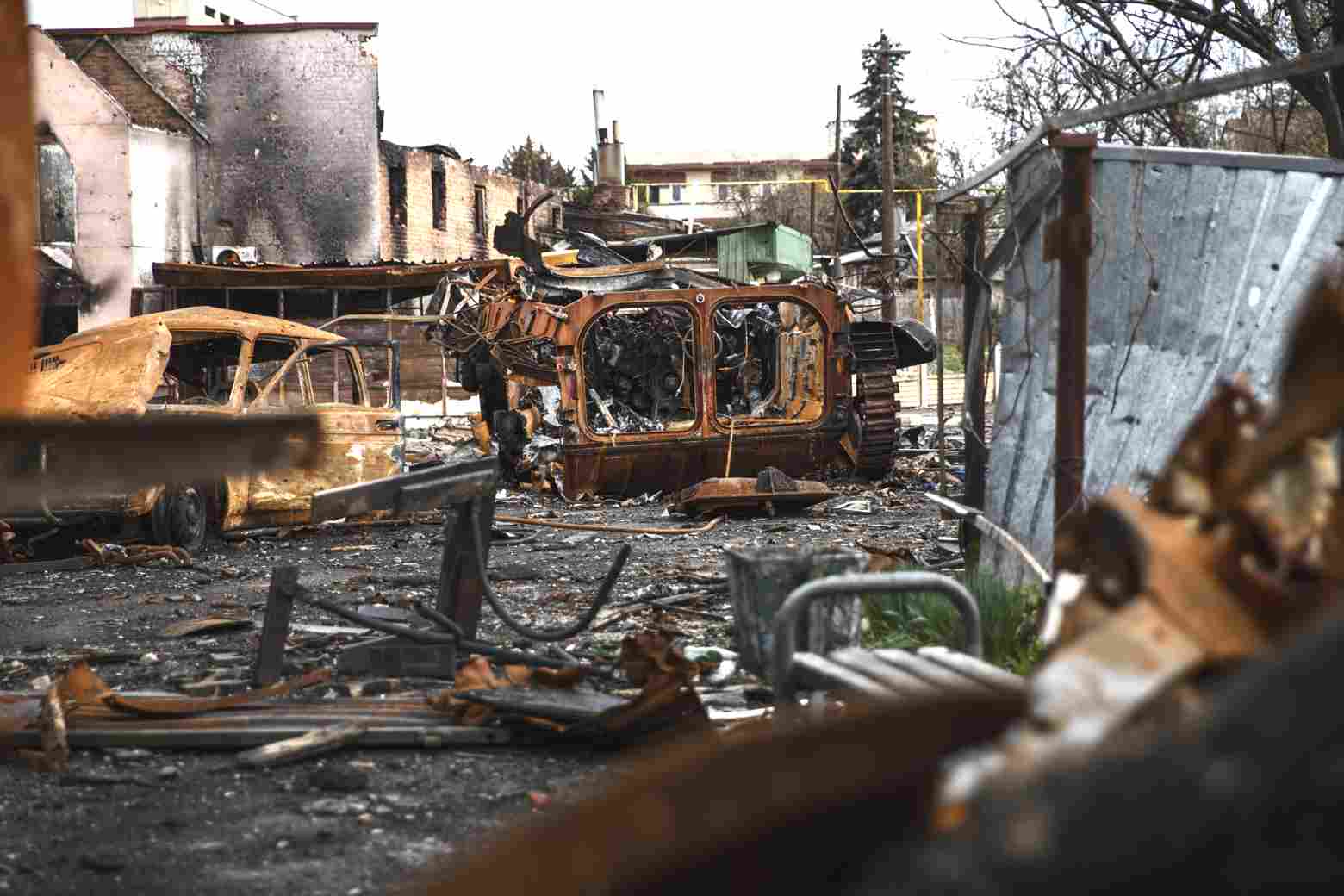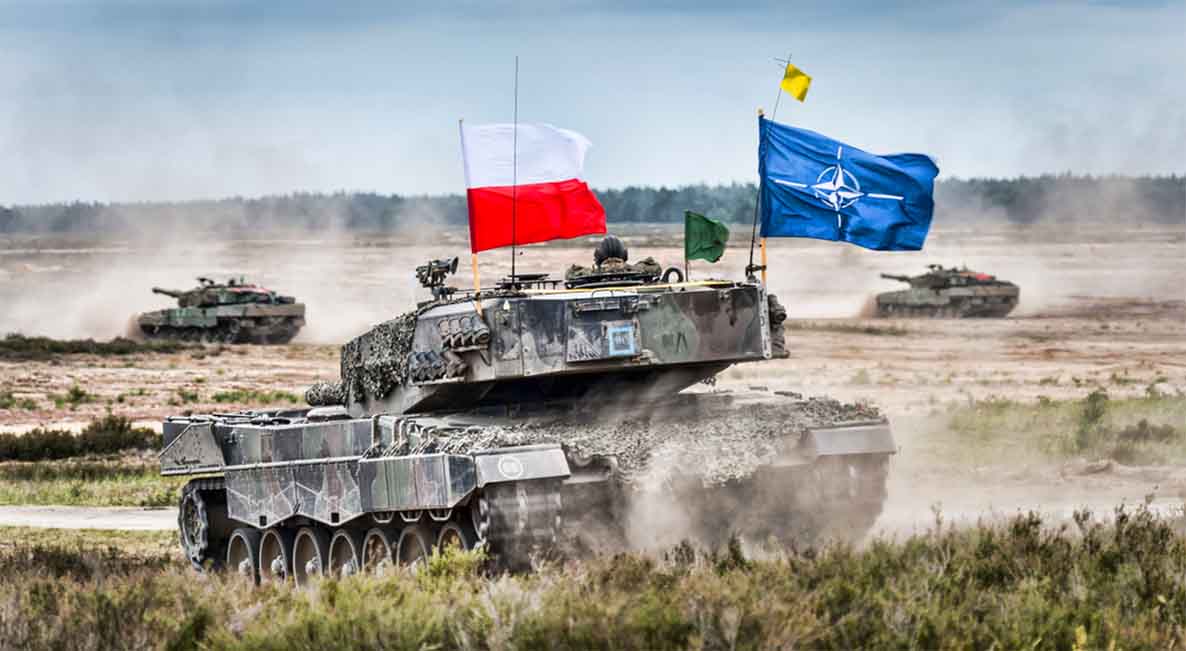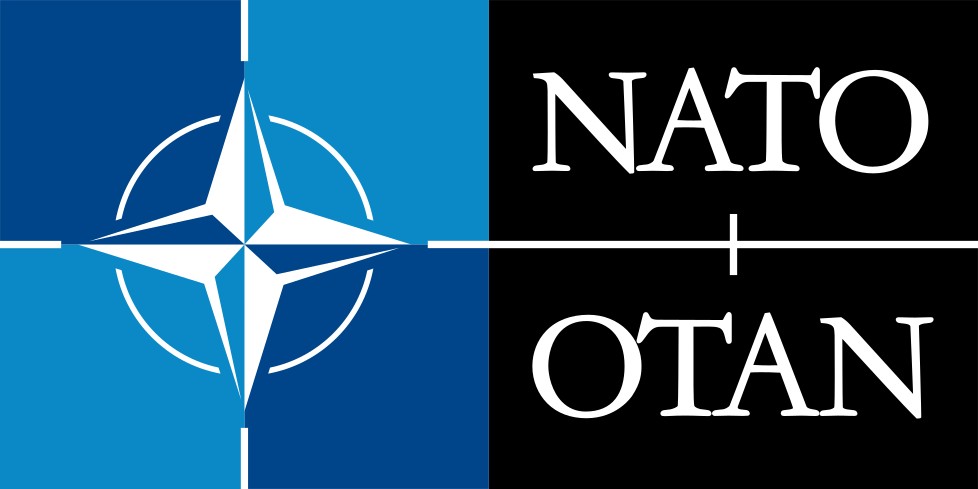We are deeply grateful to the city and people of Jasionka for warmly welcoming American personnel and high-level visitors over the past three years.
US Embassy in Poland Chargé d'Affaires Daniel Lawton
While another installment of the Polish-Polish war is taking place in Poland's most important legislative institution — the Polish Sejm — and politicians' private grudges dominate the debate on Polish agency and security, the withdrawal of American troops from Polish territory is taking place quietly, without much fanfare.
On April 8th, NBC's Gordon Lubold, Dan De Luce, and Courtney Kube wrote a piece that revealed the Pentagon's plans to withdraw 10,000 troops from Poland and Romania! According to Elbridge Colby, confirmed a few days ago by the US Senate as the Pentagon's policy chief, there are currently 80,000 US troops in Europe and he called for a greater focus on China even at the expense of Eastern Europe.
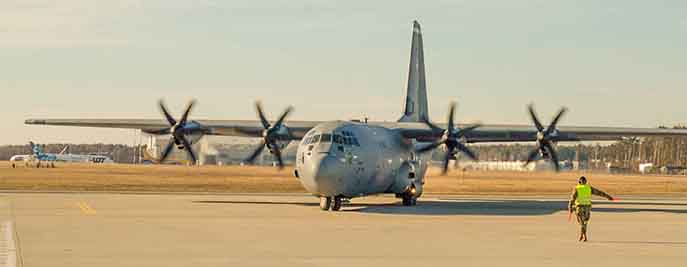
A C-130J Super Hercules aircraft at Rzeszów-Jasionka Airport, Poland, February 13, 2022. Photo by PFC Taylor Slater. (Source: Ramstein Air Base — ramstein.af.mil)
The reduction of the US presence in Eastern Europe is becoming a fact. America has withdrawn its troops from Jasionka [an airport near Rzeszów, Poland, the main supply hub for Ukraine – editor's note], thereby increasing the risk of this logistics hub for the war with Russia in Ukraine being considered a target for a missile attack by Russia.
I recall the famous thesis of the Cold War that the Soviets do not shoot at Americans and vice versa. The decision to withdraw air defense troops was made in November 2024, and the Patriot missiles were dismantled and transferred to Western Europe in February 2025. Since mid-February, the airport in Jasionka has been without air defense conducted by the Americans. Now the famous paratroopers from the 82nd Airborne Division are withdrawing from Jasionka, some of whom will stay in Poland, probably in the vicinity of Powidz, and some will go to Western Europe. Currently, Germany, Great Britain and Norway are responsible for the defense of Jasionka within NATO structures, which means that Poland's negotiating power on European matters is drastically decreasing.
I will not comment on the position of Polish politicians — it's a waste of time. As a Pole living in the United States, I would just like to recall the words of the American President during the last Republican conference. They were addressed to President Duda, who was present at the convention: "We are very happy that President Duda from Poland is also with us. A fantastic man and my great friend. 84 percent of American Poles voted for me. Mr. President Duda, I don't know how you did it, but this is an achievement," he said to Duda.
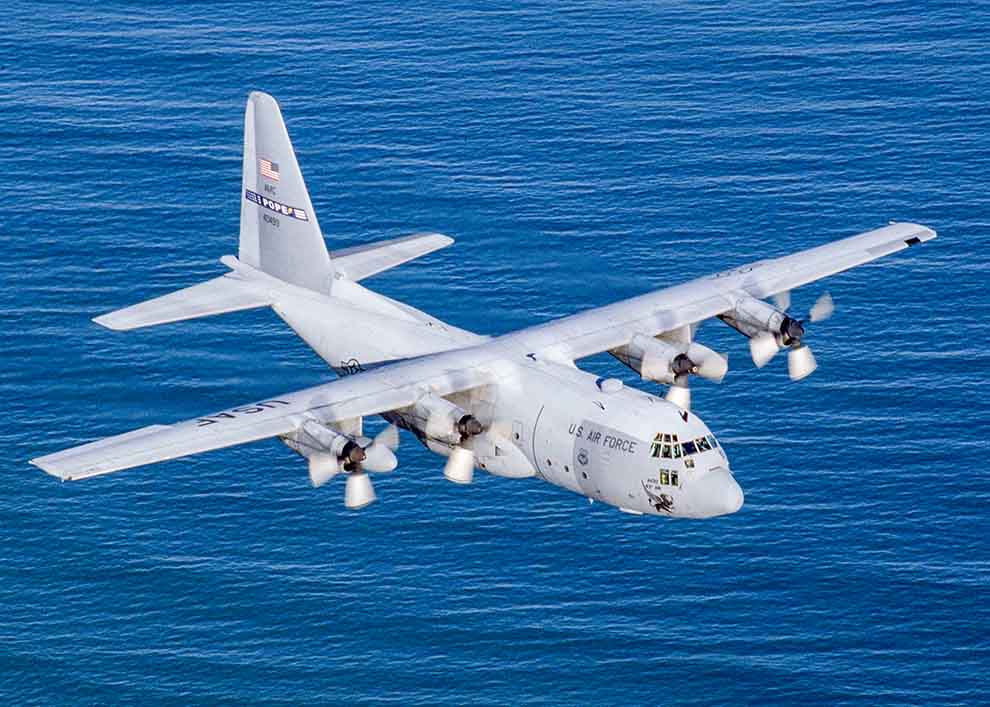
A C-130E Hercules, which is capable of operating from rugged, dirt runways and is the primary means of transport for landing troops and equipment in hostile areas, flies over the Atlantic Ocean (Source: Wikipedia)
Trump noticed the existence of Americans of Polish origin and the fact that it was with their votes in the so-called swing states that he won the election. Americans are aware of these facts, but since 1989, there has been a consistent silence in Poland about the Polish diaspora, according to the Magdalenka scenario. Thus, Polish taxpayers' money is being burned so that the Polish diaspora can perform hołubce [traditional Polish folk dance moves — editor's note], cook pierogi, sell gherkins and "Bolesławiec" [traditional Polish pottery brand — editor's note], but its strategic importance is generally ignored.
Let me remind you once again. There are around 20 million people of Polish origin living outside Poland. These are people who left the country or were born outside Poland, but declare their attachment to Polish origin and ties to Polishness. The Polish diaspora is the fifth largest group in OECD countries. Over a quarter of Polish emigrants (28.8%) are people with higher education. Initial estimates indicate that in the United States alone there are over 800 Polish scientists at the American tenure level, i.e. Polish "habilitation." This is a serious group of people with enormous intellectual potential that cannot be underestimated.
The financial resources of the American Polonia, according to the Polish-Slavic Credit Union, amount to savings of an average of $17,500 per person. And these are only the savings of a select group of 100,000 Polonia from the New York, New Jersey, and Chicago areas. It is enough to multiply these amounts to obtain the astronomical sum of $1,750,000,000. Let us recall that the entire Polish diaspora in the USA is about 10 million people.
Every year, the Polish diaspora in the United States – not to mention those in other countries – sends about $900 million to Poland (World Bank data prepared by the Migration Policy Institute). These funds are comparable to those invested here by foreign companies.
All these human and financial assets could work for Poland assuming that they were not entangled in the Polish-Polish war, but there is no politician in Poland who would break away from the order in Eastern Europe written after 1989 by the American services and the Department of State.
Now is the last moment to unlock and mobilize this dormant potential to serve Poland. As USAREUR-AF (US Army Europe and Africa) General Commander Christopher Donahue says: "After three years at Jasionka this is an opportunity to right-size our footprint and save American taxpayers tens of millions of dollars per year." He is right, but he forgets an important fact: this is also the money of about 10 million Americans of Polish origin, who accept the decision to withdraw American soldiers from Poland with bitterness and dissatisfaction.







